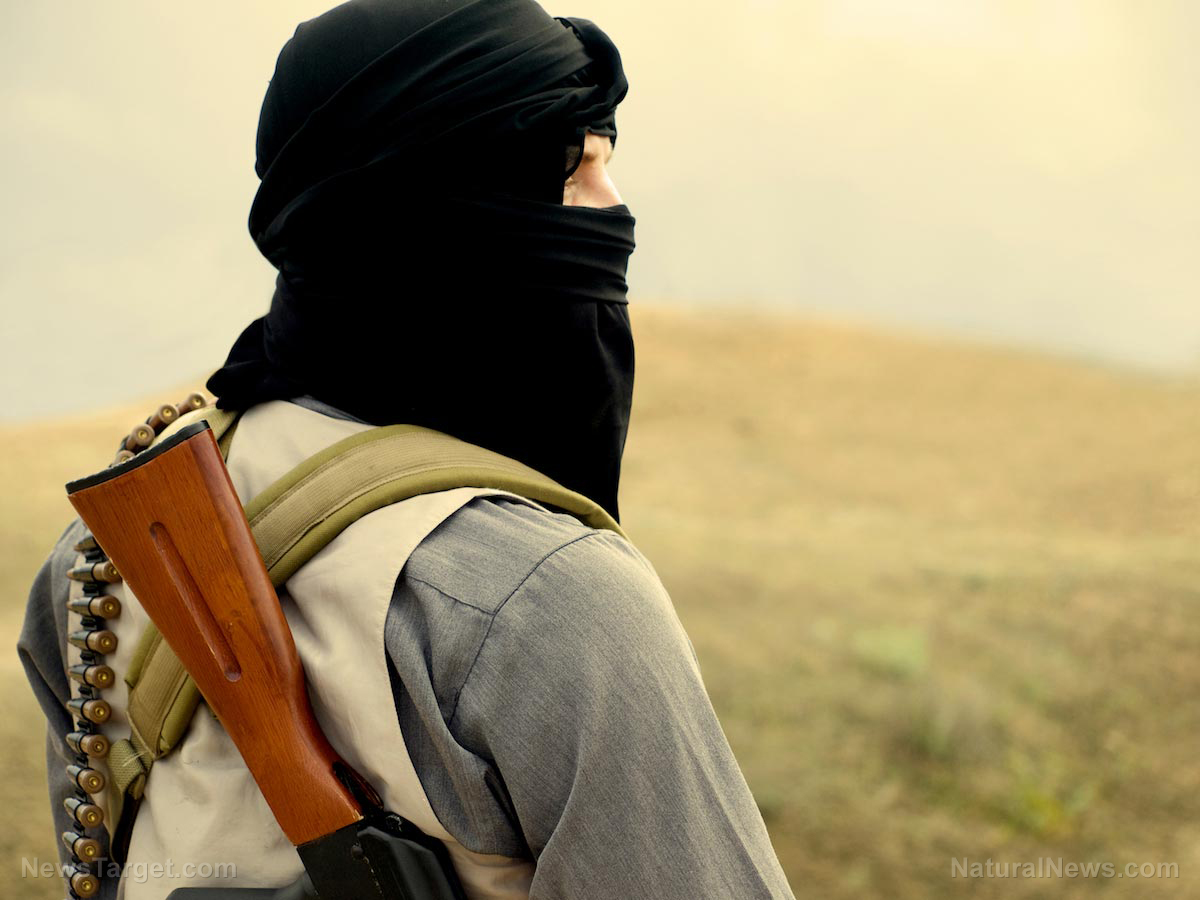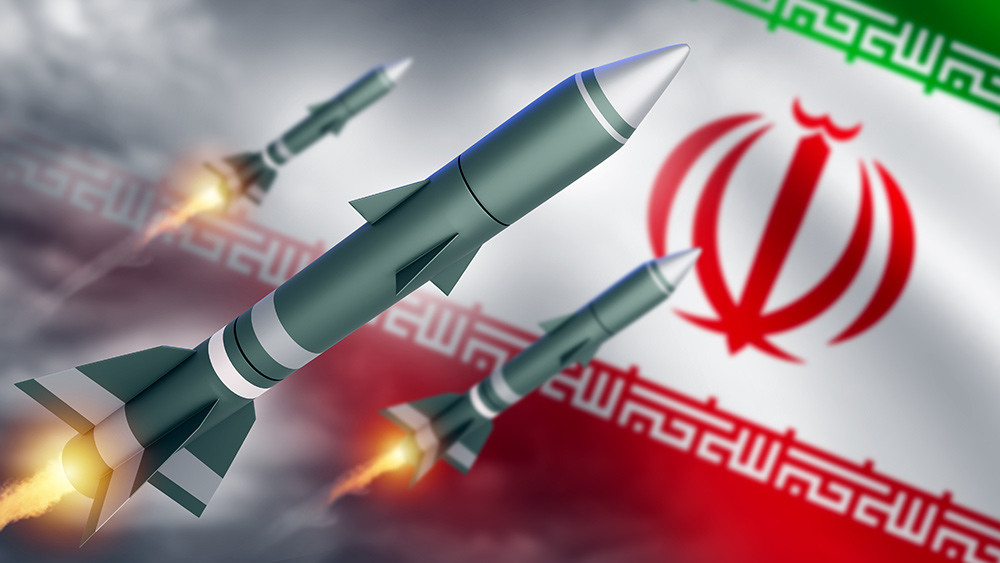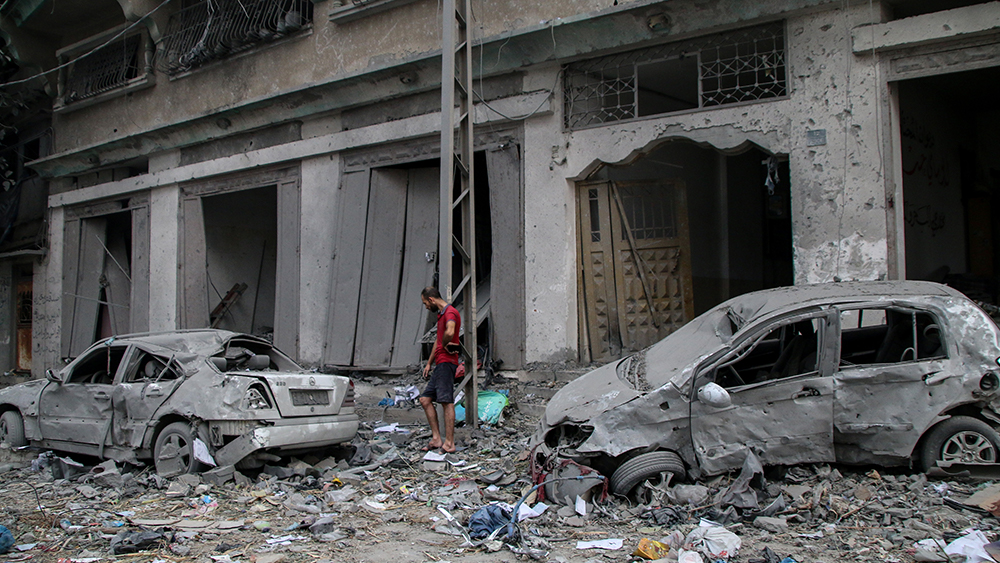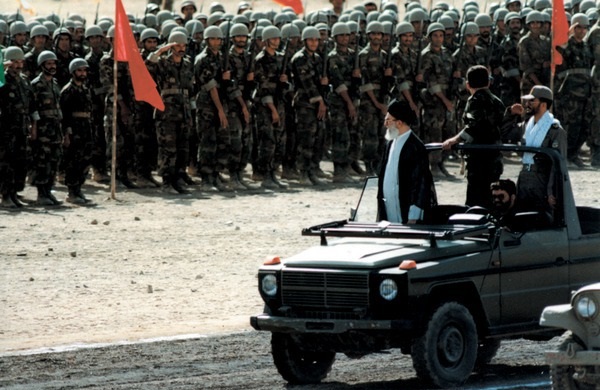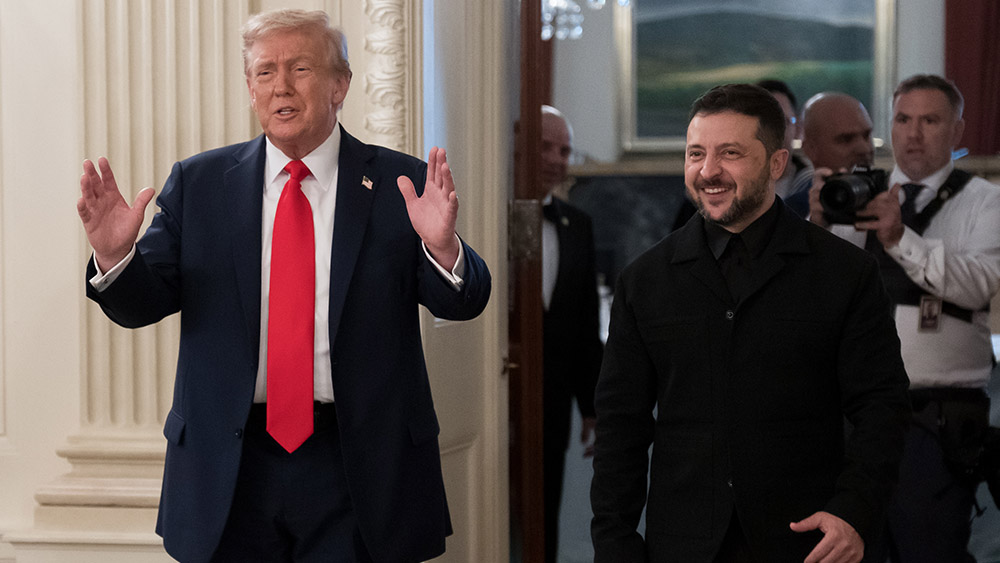 Parler
Parler Gab
Gab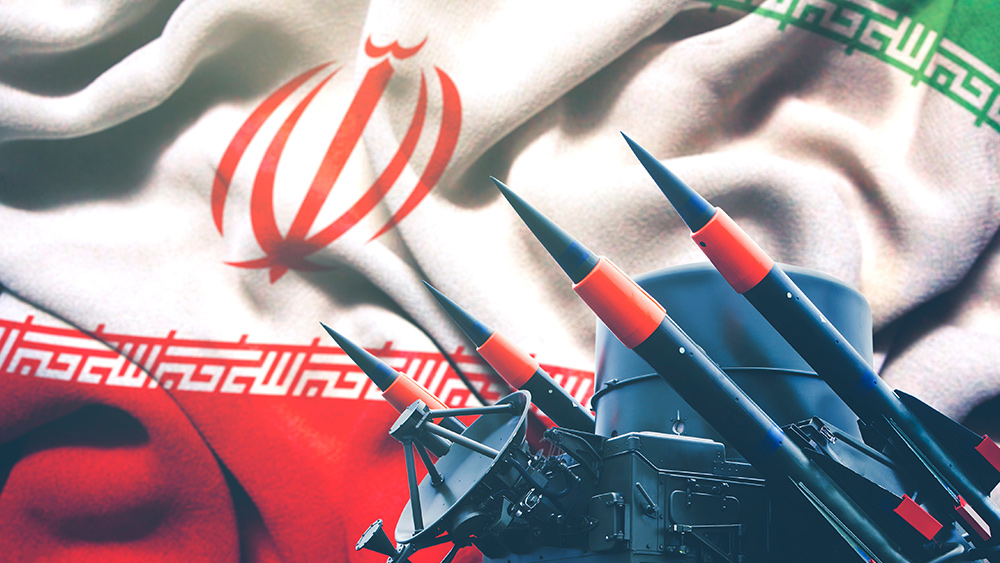
- Iran halts all cooperation with the IAEA, suspending nuclear inspections until it receives security guarantees and recognition of its uranium enrichment rights, following U.S.-Israeli airstrikes on its nuclear facilities.
- The move, ratified by Iran's Guardian Council, comes days after a fragile ceasefire ended a 12-day conflict with Israel, raising fears of unchecked uranium enrichment and renewed hostilities.
- Tehran calls the suspension "temporary," blaming Western "hostility" and accusing Europe (Britain, France, Germany) of undermining diplomacy by pushing for UN sanctions ("snapback"). Iran now possesses 400kg of 60 percent-enriched uranium—just below weapons-grade levels.
- France threatens immediate sanctions. Russia condemns the IAEA for not denouncing U.S.-Israeli strikes. China rejects sanctions, urging diplomacy.
- With IAEA oversight gone, snapback sanctions could reinstate an arms embargo, ban enrichment, and freeze assets—while Iran's unchecked nuclear progress risks pushing the region toward further conflict.
Iran's justification: A response to Western "hostility"
Iranian Foreign Minister Abbas Araghchi emphasized that the suspension is "temporary" and contingent on the West providing "fair proposals" that respect Iran's sovereignty. "We see no basis for negotiations with the Europeans," Araghchi stated in an interview with Press TV, accusing Britain, France and Germany (E3) of undermining diplomacy by triggering the "snapback" mechanism to reinstate United Nations sanctions against Iran. The 2015 Joint Comprehensive Plan of Action (JCPOA), which lifted sanctions in exchange for nuclear restrictions, collapsed after the Trump administration withdrew in 2018. Since then, Iran has gradually resumed uranium enrichment, now possessing over 400kg of uranium enriched to 60 percent purity—just below weapons-grade levels. Araghchi warned that Europe's push for sanctions would cause "irreparable damage" to its credibility and destabilize global security. "In this game, the three countries will not only fail to emerge victorious but will also be sidelined from future diplomatic processes," he declared.International reactions: Divisions deepen
The suspension has drawn sharp responses from world powers:- France has threatened immediate sanctions if Iran does not reverse course.
- Russia condemned the IAEA for failing to denounce the U.S.-Israeli strikes, questioning the agency's impartiality.
- China, a key Iranian ally, rejected the snapback sanctions, calling them "not constructive" and urging diplomacy.
- Reinstate a global arms embargo on Iran.
- Ban uranium enrichment and ballistic missile activities.
- Freeze Iranian assets and impose travel bans on officials.
Thousands of pounds of rubble complicate hostage recovery, Vance says
By Cassie B. // Share
Kushner describes nuclear-level devastation in Gaza but denies genocide occurred
By Cassie B. // Share
Ayatollah Khamenei rebukes Trump’s claim that Washington destroyed Iran’s nuclear program
By Ramon Tomey // Share
EU moves to phase out Russian gas imports by 2028 amid Ukraine war fallout
By Belle Carter // Share
Governments continue to obscure COVID-19 vaccine data amid rising concerns over excess deaths
By patricklewis // Share
Tech giant Microsoft backs EXTINCTION with its support of carbon capture programs
By ramontomeydw // Share
Germany to resume arms exports to Israel despite repeated ceasefire violations
By isabelle // Share
